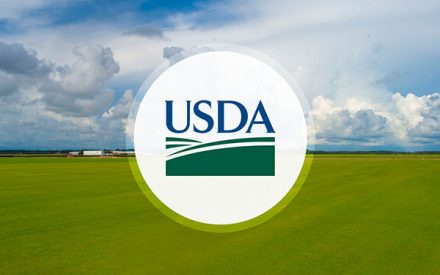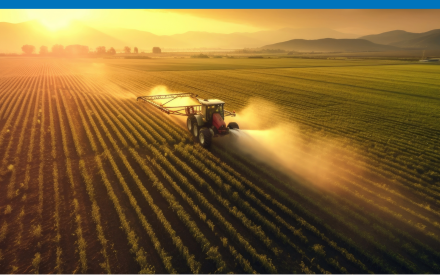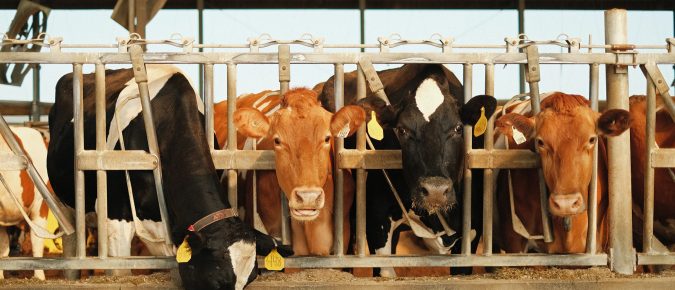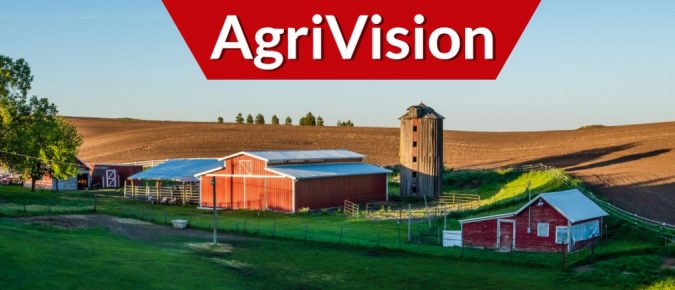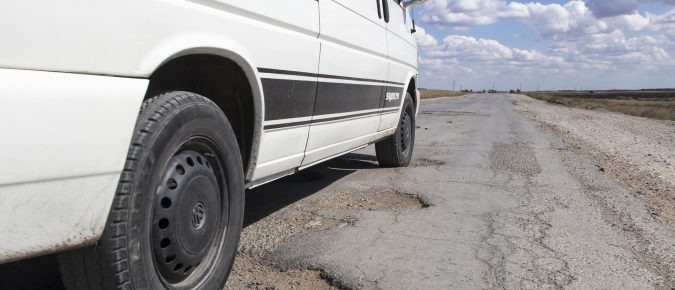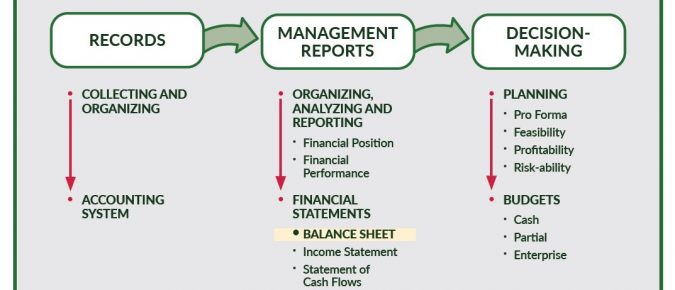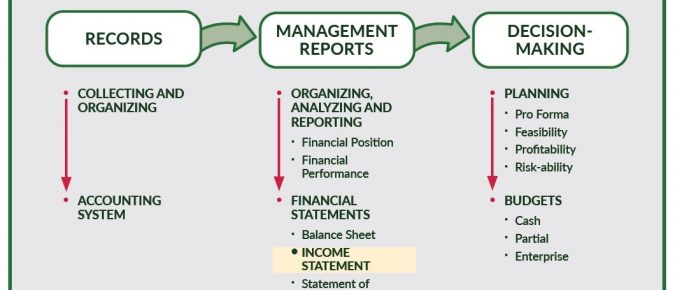Selecting the best recordkeeping tool will assist in making management decisions for the future. At the end of the year, farmers may be reviewing their income tax obligations and marketing plans or completing a business or enterprise analysis. A successful farm manager is already keeping good, accurate records throughout the year. Selecting the best recordkeeping […]
Many of us have spent numerous hours building the perfect plan, only to see it end up useless because our assumptions were wrong or some unforeseen disruption occurred in life. Thus, we conclude that planning is useless, a big waste of valuable management time. However, I think we are missing the point. Eisenhower said plans were useless, but the process of planning was indispensable.
Cyclical lows tend to be a time of greater anxiety for many and include increased exit from the industry. However, even in cyclical lows, some farms are making profits. For these farms, it is also a time of opportunity as capital asset prices for machinery, land, and cows are often lower as well. The question is: What do these successful farms look like at the end of cyclical highs that enable them to continue that success during cyclical lows?
Part II of this article series discusses how to clear obstacles that litter the path to implementing important decisions on the farm through the use of Fishbone Diagram and Forcefield Analysis.
Business strategies are practical actions that communicate how a business plans to reach its goals. Thinking strategically about the farm business as a whole helps determine emerging themes, issues, patterns, and opportunities. Learn how to complete a SWOT Analysis for your farm.
Part I of this article series introduces “The Memory Jogger” booklet and how brainstorming and nominal group technique can help generate your farm’s next great idea.
Host Katie Wantoch and Jerry Clark, Associate Professor and Agriculture Agent with Extension in Chippewa County, discuss the advantages and disadvantages of neighboring farmers buying forage equipment together.
Host Katie Wantoch and Ben Jenkins, Agriculture Extension educator in Green Lake County, discuss considerations for a farmer to consider with a future land purchase from his uncle.
Risk and farming are two sides of the same coin. Like many industries, the farm business lives with and deals with risk daily. Further, the number of risks and their costs are increasing. These increases make the management of risk a vital component for successful long-term profitability. Risk is the probability that some event will cause exposure to […]
Whether on the tractor, in the barn, or at the farm office, farm managers are always mulling over some change to their operation that might improve profitability. It might be employing a new technology, launching a new enterprise, buying or leasing machinery, altering a production practice, or some other possible change. Occasionally, one of those ideas […]
As people who live in rural areas, we are all use to the potholes that jar our vehicles and rattle our teeth. Likewise, the financial statements that measure the position and performance of our dairy businesses have potholes too that are sometimes difficult to navigate.
Host Katie Wantoch and Ryan Sterry, Professor and Agriculture Agent with Extension in St. Croix County, discuss the pro’s and con’s of harvesting, storing, and feeding high-moisture corn to dairy cattle.
The Balance Sheet is a financial statement that measures the financial position of the business at a point in time.
The income statement is one of the four primary farm business financial statements. Its purpose is to measure profits and financial performance of the farm business.
Historically, Wisconsin dairy farmers have sought and received credit from traditional lenders with local branches such as Farm Credit Associations, Agricultural Credit Associations, commercial banks, or credit unions. Increasingly, however, farmers are turning to alternative sources for their borrowing needs.
Host Katie Wantoch and Ryan Sterry, Professor and Agriculture Agent with Extension in St. Croix County, discuss items to consider when renting additional farmland along with completing an enterprise budget.
Host Katie Wantoch and Jim Versweyveld, Agriculture Extension educator in Walworth County, discuss viability of a dairy farm and future retirement options for a farm couple.
Host Katie Wantoch and Ben Jenkins, Agriculture Extension educator in Green Lake County, discuss a farmer and his son who are considering buying a new chopper and how to cash flow this purchase.

